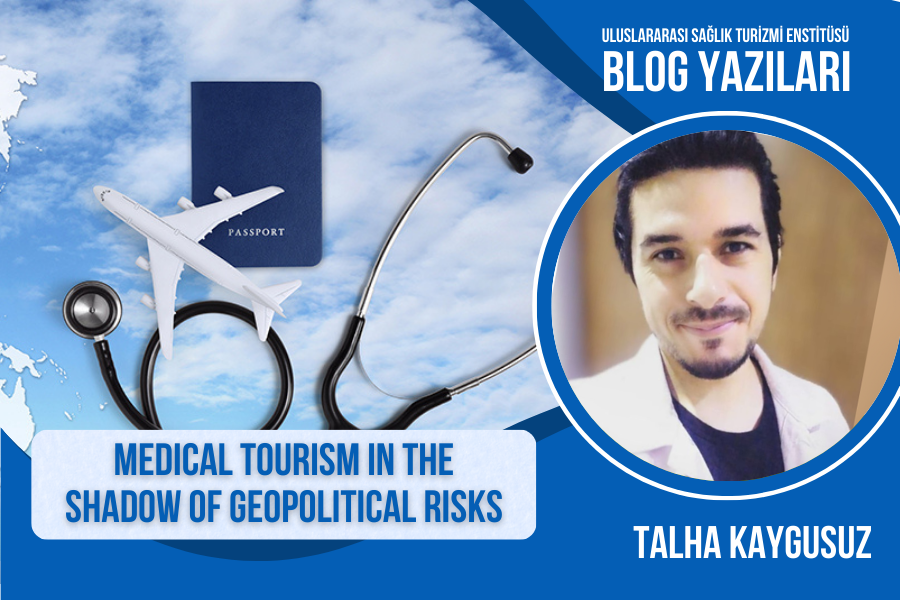Talha KAYGUSUZ, info@talhakaygusuz.com
Medical tourism is a rapidly growing sector, offering high-quality medical services at affordable costs to international patients. Many countries have become leading destinations for those seeking specialized medical treatments, surgeries, and wellness care. However, the industry faces significant challenges when geopolitical risks come into play. Political instability, regional conflicts, and economic sanctions can disrupt medical tourism, leaving both service providers and patients in difficult situations.
One major risk is political instability. Patients prefer destinations that are politically stable and safe. Any form of civil unrest, protests, or government instability can lead to travel hesitations. Patients need to feel secure not only during their treatment but also throughout their stay in the country. If a destination country becomes perceived as risky, it can experience a sharp decline in patient numbers.
Regional conflicts also pose a serious threat. A country neighboring a conflict zone might see fewer tourists due to perceived safety concerns, even if it remains unaffected by the violence. This can reduce the number of international patients seeking treatment in these regions. Economic sanctions present another challenge. Countries under sanctions may struggle to import essential medical supplies and equipment, making it difficult to offer top-quality care. Patients looking for the latest technology or medications might choose alternative destinations, further impacting the local medical tourism sector. To mitigate the impact of geopolitical risks, several strategies can be adopted:
1. Diversification: Medical tourism destinations should avoid relying on patients from a single region. By attracting patients from multiple countries, the sector becomes less vulnerable to political or regional risks in specific areas.
2. Promote Digital Health Solutions: Offering telemedicine and digital consultations can reduce the need for physical travel. Even during times of political or regional instability, patients can still access specialist consultations and follow-up care remotely.
3. Build Strong International Partnerships: Medical tourism providers can collaborate with foreign governments, agencies, and organizations to create contingency plans for periods of instability. By establishing international alliances, countries can maintain patient trust and ensure continuity in care.
In conclusion, geopolitical risks are unavoidable, but with effective strategies like diversification, digital solutions, and diplomatic cooperation, medical tourism can continue to grow, even in challenging times.












